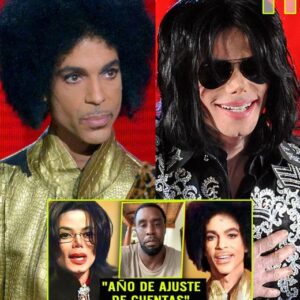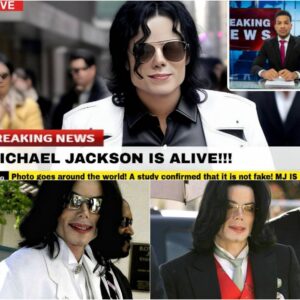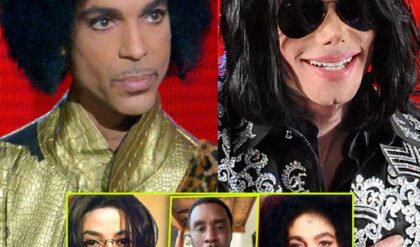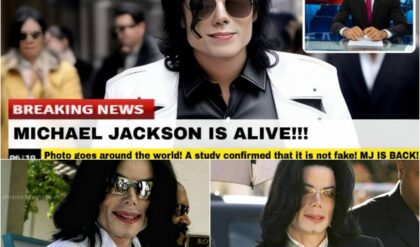In a recent controversy that has ignited widespread debate, a former Heisman Trophy winner and NFL quarterback has come under fire for allegedly making racist comments about Angel Reese, a rising star in collegiate basketball. The accusations have stirred significant public outrage and prompted discussions about race, sportsmanship, and the responsibilities of public figures.
The controversy began when the former quarterback, known for his storied career in college and professional football, made disparaging remarks about Reese, who plays for the LSU Tigers.
The comments were reportedly made in a social media post and included criticisms of Reese’s on-court behavior and persona, which some observers interpreted as racially charged.
The former athlete’s remarks were perceived by many as not only harsh but also reflective of deeper racial biases, leading to accusations of racism.
Angel Reese, a standout player in women’s college basketball, has garnered considerable attention for her impressive performances and her assertive presence on and off the court.
Known for her competitive spirit and outspoken nature, Reese has become a prominent figure in the sport.
Her visibility and success have made her a target for both admiration and criticism, but the recent allegations of racial undertones in the criticism she faced have added a new layer of complexity to the discourse surrounding her career.
The former quarterback’s comments drew immediate backlash from fans, athletes, and commentators alike.
Critics argue that the language used was not only inappropriate but also indicative of a broader pattern of racial insensitivity. The accusations highlight a troubling trend where high-profile figures use their platforms to make derogatory statements about individuals from marginalized communities.
In this case, the intersection of sports, race, and social media has amplified the impact of the remarks, leading to intensified scrutiny and condemnation.

In response to the allegations, the former Heisman Trophy winner has issued a public apology, stating that his comments were not intended to be racist but acknowledging that they were insensitive and hurtful. He expressed regret for any offense caused and stated his commitment to reflecting on his words and actions.
However, many critics argue that an apology alone is insufficient to address the underlying issues of racial bias and the responsibility of public figures to foster inclusive and respectful discourse. The incident has sparked a broader conversation about race in sports and the role of athletes and celebrities in shaping public attitudes.
Discussions have centered on the responsibilities of individuals in positions of influence to challenge stereotypes and promote positive representations of diverse groups. The controversy also raises questions about the ways in which race intersects with sports commentary and criticism, and how public figures can contribute to or challenge existing biases.
Angel Reese has largely remained focused on her performance and career amidst the controversy.
Her response to the situation has been characterized by a commitment to her team and a refusal to be defined by the negativity directed at her. Reese’s resilience and professionalism in the face of criticism have been widely praised, and she continues to be a role model for many aspiring athletes.
The situation underscores the need for ongoing dialogue about race and representation in sports. It highlights the importance of addressing harmful stereotypes and ensuring that public figures use their platforms responsibly.
As the debate continues, it is crucial for all parties involved to engage in meaningful conversations about race, respect, and the impact of their words and actions. In conclusion, the accusations against the former Heisman Trophy winner regarding racially charged comments about Angel Reese have sparked a significant and necessary conversation about race in sports.
The controversy underscores the responsibility of public figures to be mindful of the impact of their statements and to engage in constructive dialogue about racial issues. As this situation evolves, it serves as a reminder of the importance of addressing biases and fostering an inclusive environment in all spheres of public life.
News
Michael Jackson and Prince Warned Us About the Fall of Hollywood in 2024: ‘Not All That Glitters is Gold!’
Michael Jackson and Prince Warned Us About the Fall of Hollywood in 2024: ‘Not All That Glitters is Gold!’ In the world of pop music, Michael Jackson and Prince were two of the most iconic and influential figures. While their…
The strange bed that would make MICHAEL JACKSON live to be 150 years old.
The Strange Bed That Could Have Kept Michael Jackson Alive Until 150 Michael Jackson, the King of Pop, was a man surrounded by mystery. His life was full of eccentricities, but one of the most bizarre stories was his obsession…
At 43, Macaulay Culkin Finally Reveals the Shocking Truth About Michael Jackson
Fame often brings an unrelenting spotlight, where the line between public and private lives blurs. For the King of Pop, Michael Jackson, this was a constant reality. While his legendary performances captivated the world, rumors and speculations trailed closely behind….
Breaking: Angelina Jolie Can’t Stand Oprah! Here’s Why (Video)
In a surprising twist, recent reports suggest that tensions have emerged between Hollywood icon Angelina Jolie and media mogul Oprah Winfrey. According to sources, Jolie has grown increasingly frustrated with Oprah over what insiders describe as “philosophical differences” and conflicting…
$H0CKING NEWS: Michael Jackson Is Alive At 65 And Ready To Testify Against Diddy! (VIDEO)
A shocking revelation is rocking the entertainment world: Michael Jackson, the King of Pop, is reportedly alive at 65 and ready to testify against Sean “Diddy” Combs in a case that promises to bring explosive details to light. Since his…
“TRUST ME, DIDDY REALLY DID IT…” Michael Jackson and Diddy’s “Freak Off” Video Leaked, and Paris Jackson is Furious for the Second Time
In a shocking turn of events, a leaked video allegedly involving Michael Jackson and Diddy has surfaced online, stirring controversy and confusion across social media platforms. The purported footage, described as part of a “Freak Off” party, has drawn intense…
End of content
No more pages to load












